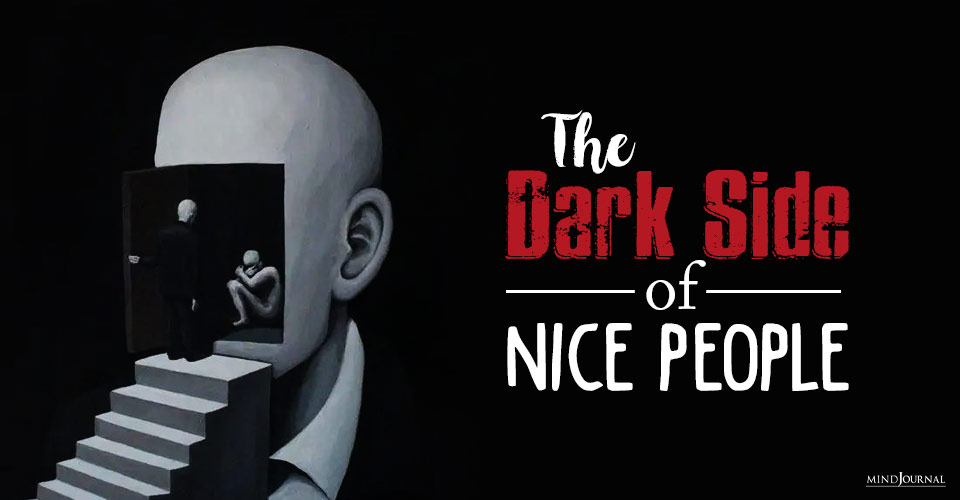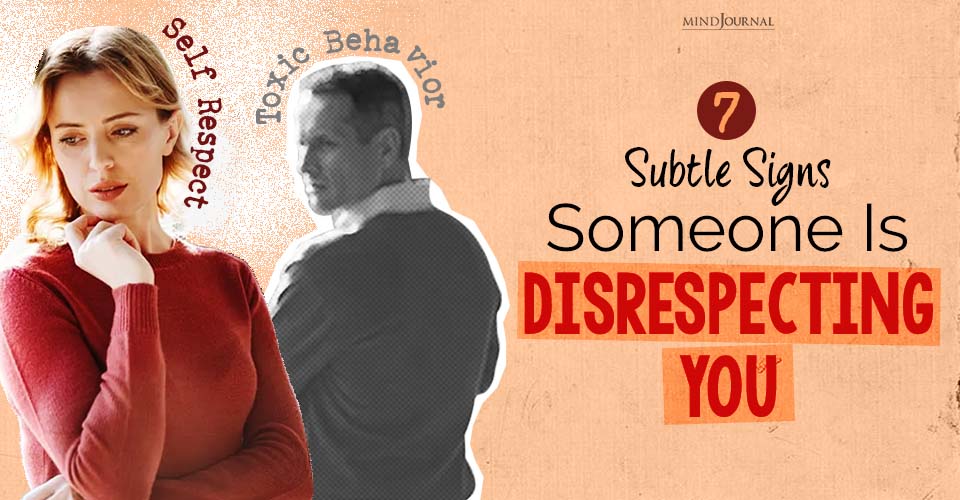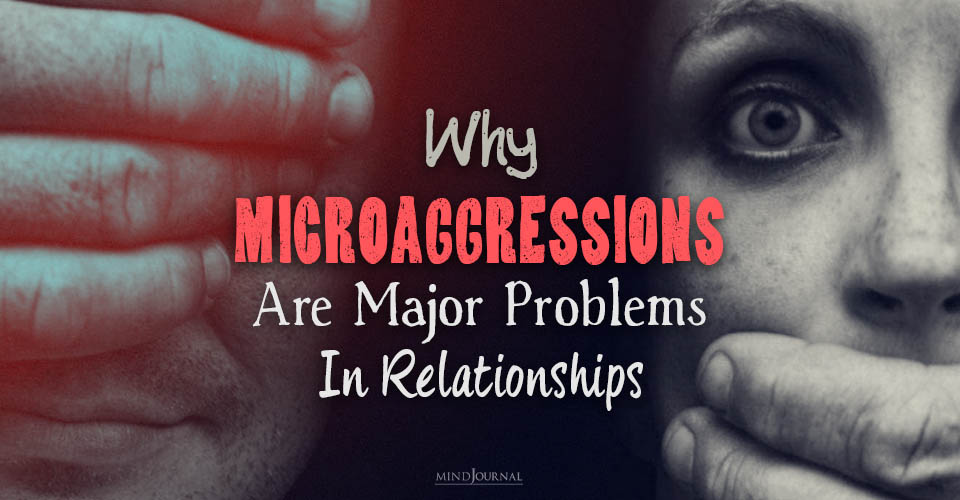Human beings are a blend of the good and the bad. Some are kinder, while others are not. Some people believe that being polite is one of the most admirable traits a person can have. Isn’t it true that all nice people are wonderful to be around? They always appear to be composed, calm, and trustworthy.
However, as we dig deeper and understand a person’s motives, it’s clear that there’s a dark side of nice people. The best thing we can all do is acknowledge ourselves. As there is always more than what meets the eye.
“I have a dark side. I think everyone does.”
Charli XCX
Why Are Some People So Nice?
We often wonder how someone can be so nice. They are considerate and caring people. But they may have their own motives for being nice. Some of these reasons are:
1. They serve their martyr complex
Have you seen certain people going out of their way to do things for you? Nice people will sacrifice their own happiness and well-being to care for others. People with this attitude maintain a blend of selflessness and servitude. They want to be the martyr of your life and demand to be showered with appreciation and praise for their niceness. This is one of the dark sides of nice people.
2. They use it as a form of manipulation
Being too nice can be used as a form of manipulation to get what they want. Narcissists men often display unwarranted affection towards women to lure them into their trap. They are masters of deceit and manipulation. They begin by convincing their partner that they share a unique and special bond by being too nice. Once the victim is in their trap they begin to exert control over their victims. A 2020 study suggested that narcissists tend to go out of their way to impress others.
3. They are liars
One of the darkest sides of nice people is that they are liars. Nice people constantly lie to themselves when they agree to do things they don’t enjoy. They lie to other people to make sure the other person is not upset. They are so anxious about upsetting others or being perceived as someone who is selfish, they become dishonest. Nice people are dishonest about their true selves. Hence they lack the courage to stand up for what they believe in. In relationships, being too nice without being honest can only give birth to mistrust and resentment.
4. They are people pleasers
Nice people are often people pleasers. Their first instinct is to please everyone. Nice people want to be nice despite the consequences. Hence they say yes to everything even if they don’t want to. People-pleasing goes beyond kindness and being nice. It involves alteration of words and actions for the sake of making someone happy. The urge to please people all the time and allow other people’s wants above our own can have a negative effect on ourselves and our relationships.
Related: 9 Signs You Are Being Overly Nice and People Have Started Taking You For Granted
The Negative Effects Of Being Nice
There are several negative effects of being nice. They are:
- Being taken for granted
- People taking advantage of your niceness
- Being hesitant to ask for help
- Being abused for your generous nature
- Interferes with the individual’s self-esteem and worth
- Experiencing a lag in their lives because they are too consumed with helping other people
- Experiencing burnout
Related: 4 Signs You Care Too Much Of What Others Think And How To Stop
Studying The Dark Side Of Nice People: The Milgram Experiment
Yale psychologist Stanley Milgram conducted the “Milgram experiment” in the 1960s. The experiments began three months after German Nazi criminal, Adolf Eichmann stood on trial in Jerusalem to answer for his active participation in the Holocaust. This experiment measured the willingness of study participants to obey an authority figure who instructed them to conduct acts that conflict with their human conscience.
The experiment constituted of three individuals:
- Teacher: The subjects of the experiment
- Learner: The confederate of the experimenter
- Experimenter: The authority figure
The teacher and the learner were led to believe that he is taking part in a study on memory and learning. But in reality, the subject of the study was obedience to authority. Participants were led to believe that they would administer electric shocks when the learner answers a question incorrectly. In case the learner gets a question wrong, they administer a mild 15v electric shock.
However, the shocks weren’t real; the learner was just an actor simulating being electrocuted. The study further attempted to gradually increase these fake electric shocks when the learner gives more incorrect answers. The experimenter in the lab coat also told the participants to make sure that the learner would not escape in order to ensure his authority.
The learner began to make protests upon administering such high voltage shocks. The teacher was found to feel guilty for torturing them and doesn’t wish to shock the learner. In case the teacher desired to stop the experiment, the experimenter gave verbal prods that included:
- Please continue or please go on
- You have no choice, you must go on
- The experiment requires that you continue
- It is absolutely important that you continue
The study found that 65 percent of the experiment participants administered 450v shock. Subjects were uncomfortable in torturing the learners and displayed varying degrees of tension and stress. It was found that they continued with the experiment since an authority figure in a white coat told them to follow through.
Milgram first described his study in a 1963 article in the Journal of Abnormal and Social Psychology. Later he published his findings in Obedience to Authority: An Experimental View in 1974. The results were an eye-opener. It demonstrated that normal and nice people are conditioned to obey authority figures despite being reluctant.
The Truth About The Dark Side Of Nice People
The fact that a complete stranger can administer electric shocks to a person is appalling. Nice people are often not as nice which is why the Nazis could march millions of innocent Jews to the gas chambers in Auschwitz, Dachau, Lublin, and other concentration camps. Nice people are just people who are obedient and secure. They are more likely to sacrifice their authenticity for authority. The dark side of nice people may be shocking. However, the key to being a “nice person” without the dark side is to actually identify the consequences of your actions and understanding your motives behind them
Related: How to stop people-pleasing and still be nice: 5 Rules to Live by
















Leave a Reply
You must be logged in to post a comment.